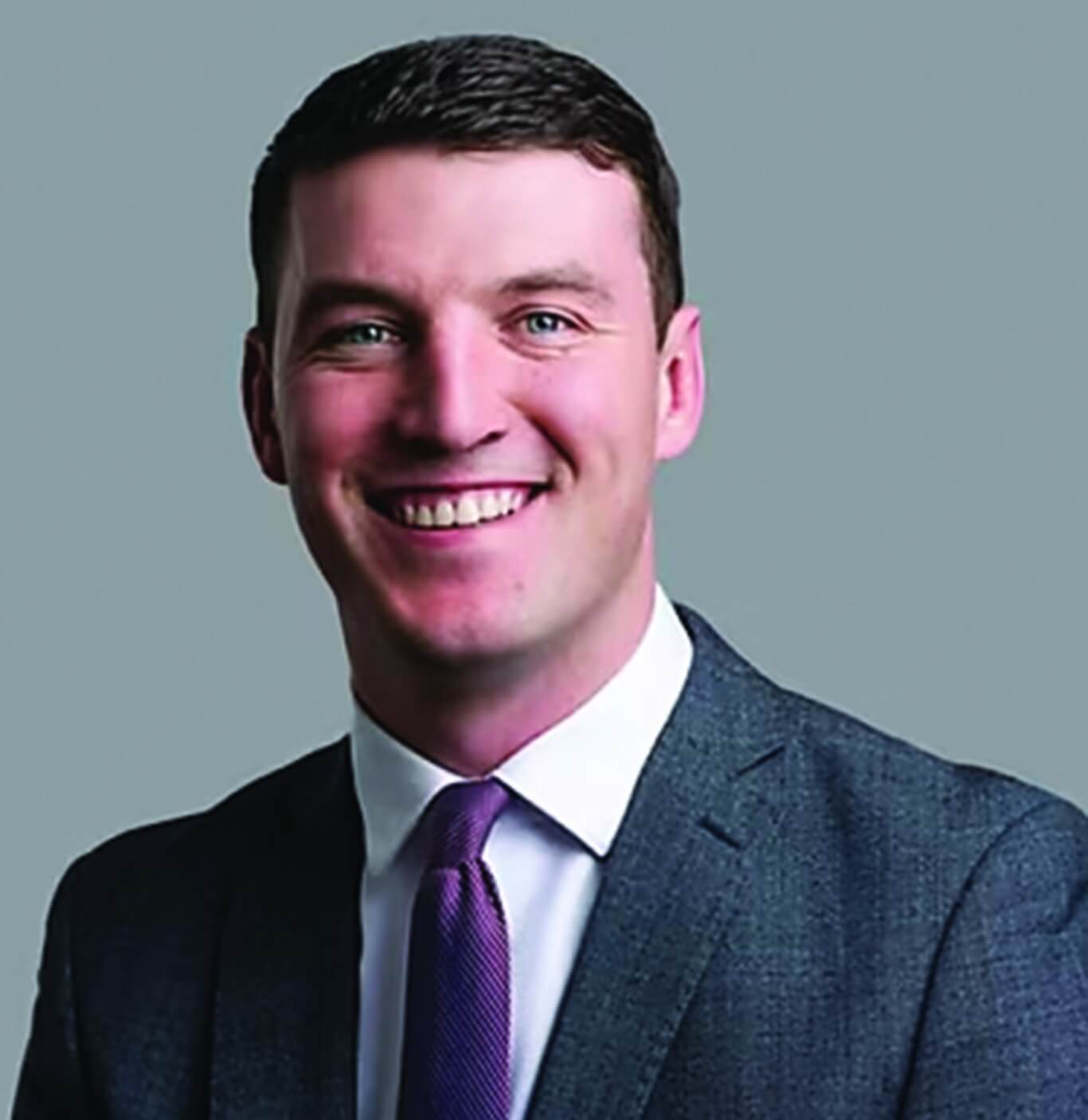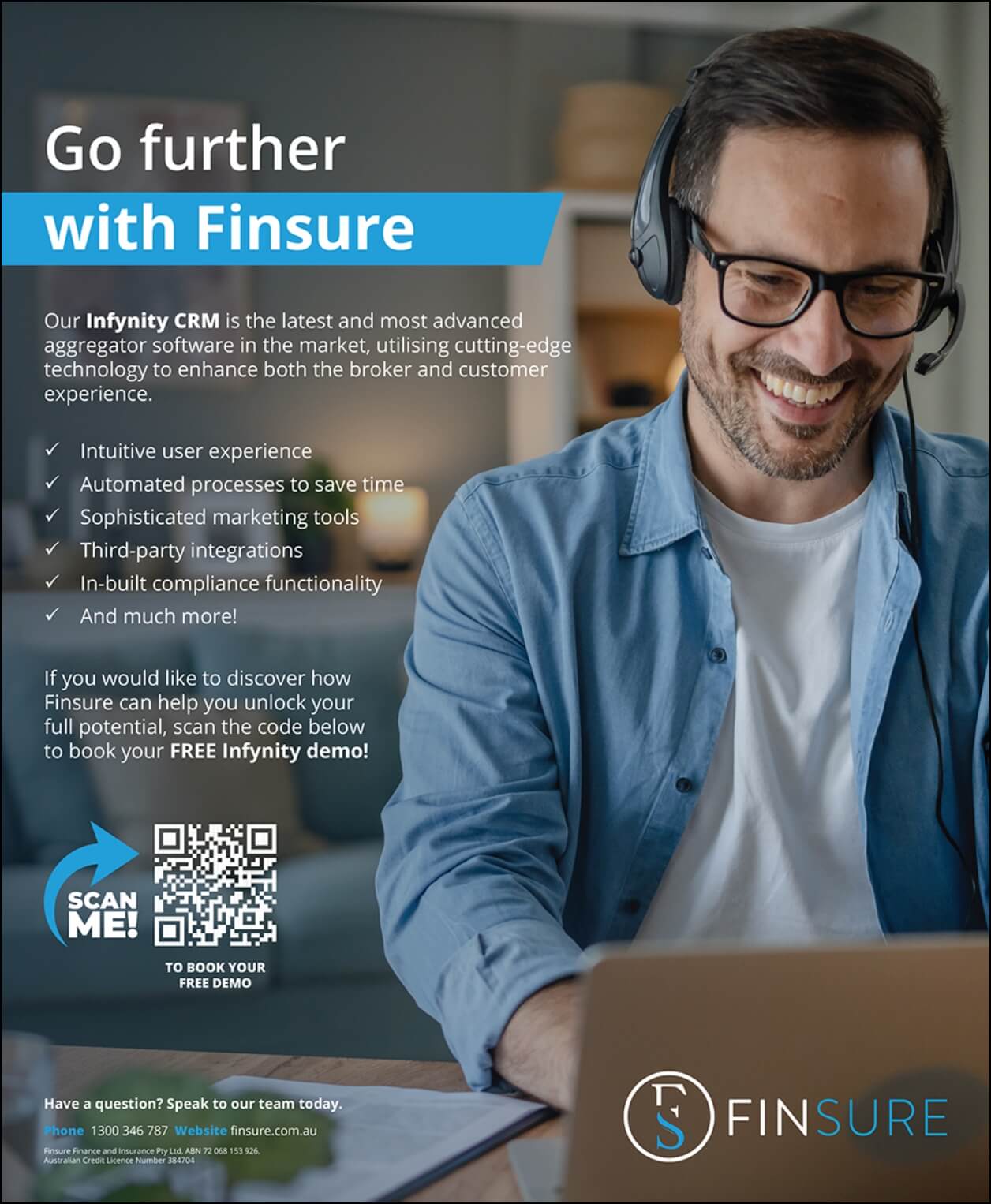How did you get into the broking industry?
I used to work in construction, but I’d had enough of it. I had just purchased my first home and my broker managed to get approval within a week. That piqued my interest in the industry.
I started doing some research and, eventually, I built up the courage to send an email to my broker to ask if I could come and sit in the office and see what’s involved. For six months, I sat in the office with my broker and watched him work for one day a week.
I got a good understanding of what’s involved in the day-to-day running of being a broker. It was all new and exciting. That’s when I knew.
Q. Were there any surprises when setting up your brokerage?
I think the biggest surprise was having to find the business, particularly when I didn’t come from a finance background. I had zero clients, zero referral partners, and no professional contacts. That was the trickiest part, having the pressure of having to go and find those first deals.
So looking back, I put it on the line a little bit, but it’s all worked out in my favour.and equipment financing.
Q. How did you choose your aggregator?
I ended up landing on Finsure. At the time, they had the Broker Academy, so they offered a bit of low-touch mentoring for the first two years within that academy. The broker academy at Finsure gave me the flexibility to do things how I wanted to.
In the time I spent with my own broker, I also built up enough knowledge to be able to feel confident in what I was doing and structuring and presenting a deal.
Q. What tech are you using to build volume?
Most recently, I’ve settled on BrokerEngine to help automate a lot of the business, as well as Quickli. That’s allowed me to grow my volumes without working more hours, which has been good. I’m not working any more than I was when I started and the settlement volumes have increased to a nice amount.
Q. Is there anything you’d like to see changed in the industry?
I think the most important thing for new brokers is the clawback issue. Starting out, when you cop that first clawback, it is quite disheartening. It gets easier over time, but I don’t think it makes it right.
One of the reasons I was keen to get out of the construction industry was because I saw a lot of contractors who weren’t paid for jobs. It turns out that we’re dealing with something similar in a professional industry, such as mortgage broking. So I’d like to see some improvements to that policy.
Q. What are your top tips for new brokers?
You’ll be okay if you just stick to it and stay consistent. Time should set you on your path.
There are a lot of lonely days starting out, so make sure you’ve got support. Whether it’s from a mentor or family have someone you can turn to if you need to.
Set goals and know what numbers you need to hit. It’s okay to set hefty standards for yourself, but if you’re not working towards something, it can be a bit disheartening when you’re not hitting those goals month after month.
Tune in to hear more!
Find out more about Alex Gee opening his business in the New Broker podcast episode, How this tradie created the building blocks for success, here.




